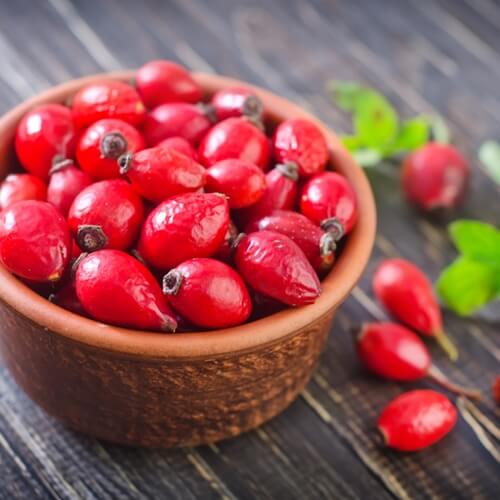Sweet fruit could change diets overnight
People entering the culinary arts industry or taking online cooking courses are primarily concerned about serving great tasting food to their patrons. They believe that the clients should get only the best they have to offer. However, with obesity, and consequently heart-related diseases and diabetes, on the rise, people are making conscious decisions about their health, especially decisions about food. Chefs might have a new ingredient that can help their patrons reach their health goals without compromising taste and flavor with what some are calling a miracle fruit.
What you should know
The miracle fruit’s scientific name is Synsepalum dulcificum and is native to regions in West Africa. Reynaud Des Marchais, an 18th century French explorer, first discovered the fruit’s properties while observing indigenous tribes eating the berry to counteract the bitterness of bland and sour bread. As researchers learned more about the biochemistry of plants and the biology of our taste buds, the behavior of the indigenous tribes became clearer.
The chemical compound found in the miracle fruit, miraculin, binds to the sweet taste receptors that line your taste buds the same way sugar or artificial sweeteners do. However, miraculin attaches to the receptors more than any other sweetener on the market.
How it is used
The fruit and miraculin are currently only being used as a gimmick around local bars and restaurants. The mixologists and chefs at Almost Famous Liverpool like to use the the berry as an addition to rum paired with lemons and limes, dry white wine, salty dishes and hot sauce.
Chef Homaru Cantu from Chicago has been trying to use miraculin to help people with dietary restrictions. For the past few years, Cantu has been experimenting with miraculin so that it can be integrated into food without losing its unique sweetening characteristic. Unfortunately, attempts to refrigerate or heat the compound reduces its effectiveness, but there is still hope. Cantu is overseeing research and building partnerships with farms and food producers across the country to make miraculin, and fruits that produce the compound, mainstream.
“We want to get sodas that have zero amounts of sugar, provided by a berry which amounts to 1 calorie,” Cantu told The Atlantic. “There’s a company out there that’s interested in that. But we want everybody to use it, whether its small entrepreneurs opening up sugar-free soda shops, or the major junk food organizations.”


